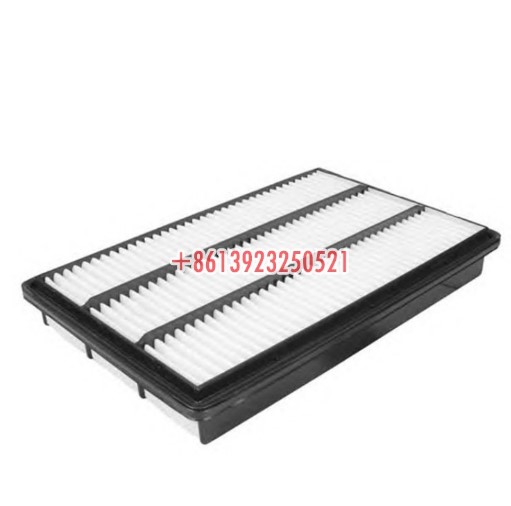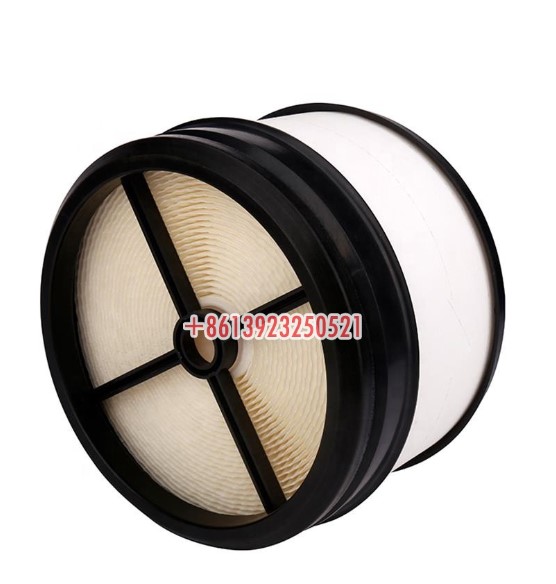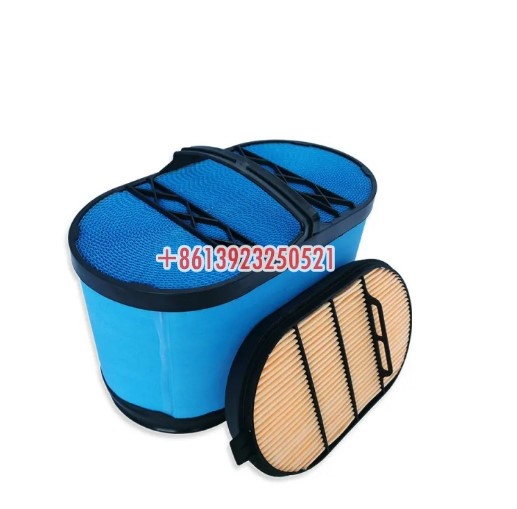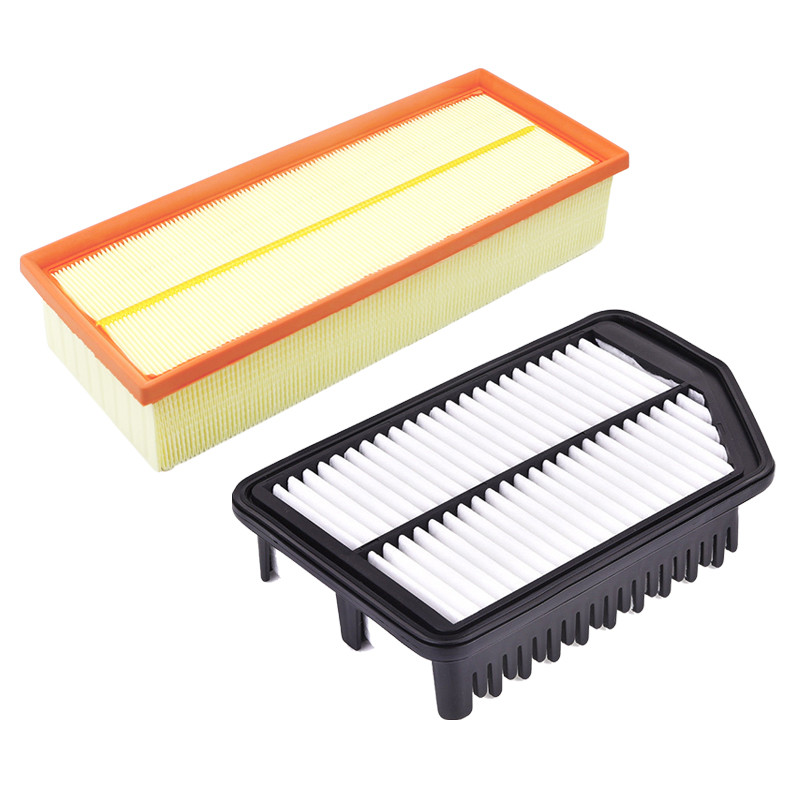Car maintenance is a critical factor in ensuring the optimal performance and longevity of your vehicle. Among the various components that require attention, the air filter stands out as an unsung hero, safeguarding your engine from airborne contaminants. However, what happens when this protective barrier itself becomes compromised by moisture? A wet air filter can lead to a host of issues, from reduced engine performance to potential engine damage. In this comprehensive guide, we will delve into the causes, consequences, and solutions for a wet air filter in your car, ensuring you are equipped with the knowledge to maintain your vehicle's health and efficiency.
The Function Of A Car Air Filter
The air filter is responsible for filtering the air that is drawn into the engine. This filtered air is essential because it prevents dust, debris, pollen, and other contaminants from entering the engine's combustion chamber. Clean air is essential for the combustion process to take place efficiently, which is critical for your car's performance and longevity.

The Risks of a Wet Air Filter
Understanding the Risks: When Moisture Meets Your Engine's Lifeline A wet air filter doesn't just hinder the flow of clean air; it introduces moisture where it's least wanted - your engine's combustion chamber. Here's what you're potentially looking at when your car's air filter gets damp:
Compromised Engine Performance: Moisture-laden filters struggle to supply the engine with the necessary airflow, leading to suboptimal combustion and a noticeable dip in power and responsiveness.
Decreased Fuel Economy: The precision-engineered air-to-fuel ratio in your engine can be thrown off by a damp filter, causing the engine to consume more fuel and reducing your miles per gallon.
Risk of Engine Misfires: The presence of water in the combustion process can lead to engine misfires, characterized by uneven idling, reduced power, and potential damage to engine components over time.
Long-Term Engine Damage: Continuous exposure to moisture can corrode engine parts, including vital sensors and spark plugs, potentially leading to costly repairs or even a complete engine overhaul.

Taking Action: What to Do With a Wet Air Filter
If you suspect that your air filter has become wet, swift action is essential. Here's a step-by-step guide to mitigate the issue:
Inspection and Removal: Carefully remove the air filter from its housing, being mindful not to introduce more contaminants. Check for wetness; any moisture indicates that it's time to act.
Thorough Drying: Pat the filter dry with a clean towel and let it air-dry completely in a well-ventilated area. Refrain from using direct heat sources, as these can damage the filter material.
Consider a Replacement: Evaluate the condition of the air filter. If it's extensively damaged or has been wet for a long time, replacing it is the safest bet to ensure your engine's integrity.

Conclusion
Regular examination and maintenance of your air filter are required to guarantee maximum performance. If you encounter a wet air filter, take the necessary steps to dry it or replace it to prevent further issues. By the way, if you want to change a new air filter, COOBELL is ideal for you. We have more than 20 years experience of produce car filters. Choose us and get the high-quality products!


.jpg)
.jpg)
